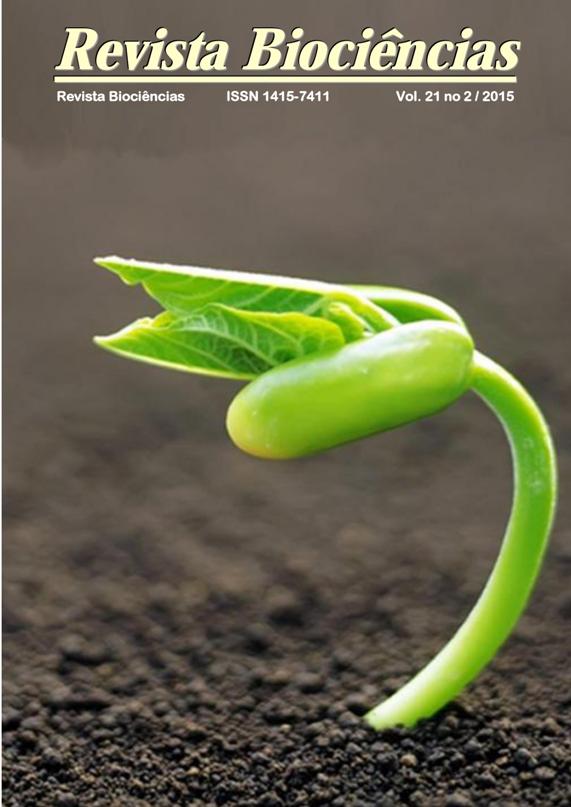Artificial nests predation in two Atlantic Rainforest's urban forest fragments in Southeast Brazil
Keywords:
vertical stratification, mesopredators, eggs predation, nest success.Abstract
Nest's predation is one of the principal causes of reproductive insuccess in populations of birds, particularly in forestry fragments. Some reptiles, birds and mammals, recognisedly uses eggs in its diet, but few studies approach this predation and what its possible influence in the avifauna. Thus, the objectives of this study were: (1) compare the predation of artificial nests in the ground and understory, in two urban fragments with different areas (1 ha and 10 ha), in Tremembé, SP; (2) obtain the percentage of eggs that weren't predated (survivors) over the weeks. At all, 32 artificial nests with quail eggs were set in the ground and in the understory, weekly reviewed. The frequency of survivors decreased over the weeks, probably due to the propagation of the odor of the eggs. In the 10 ha fragment, the number of survivors was higher in understory (4,37±0,96) than in the ground (2,88±0,89), suggesting as principal predators the terrestrial vertebrates, such as little mammals, mesopredators and reptiles. In the 1 ha fragment, the number of survivors in the understory was smaller (2,87±0,89) than in the ground (5±0,59), and more eggs were found cracked, with inferior incisive marks, suggesting the predation of the eggs by marmosets or mesopredators with arboreal behaviour, as coatis and opossums.



